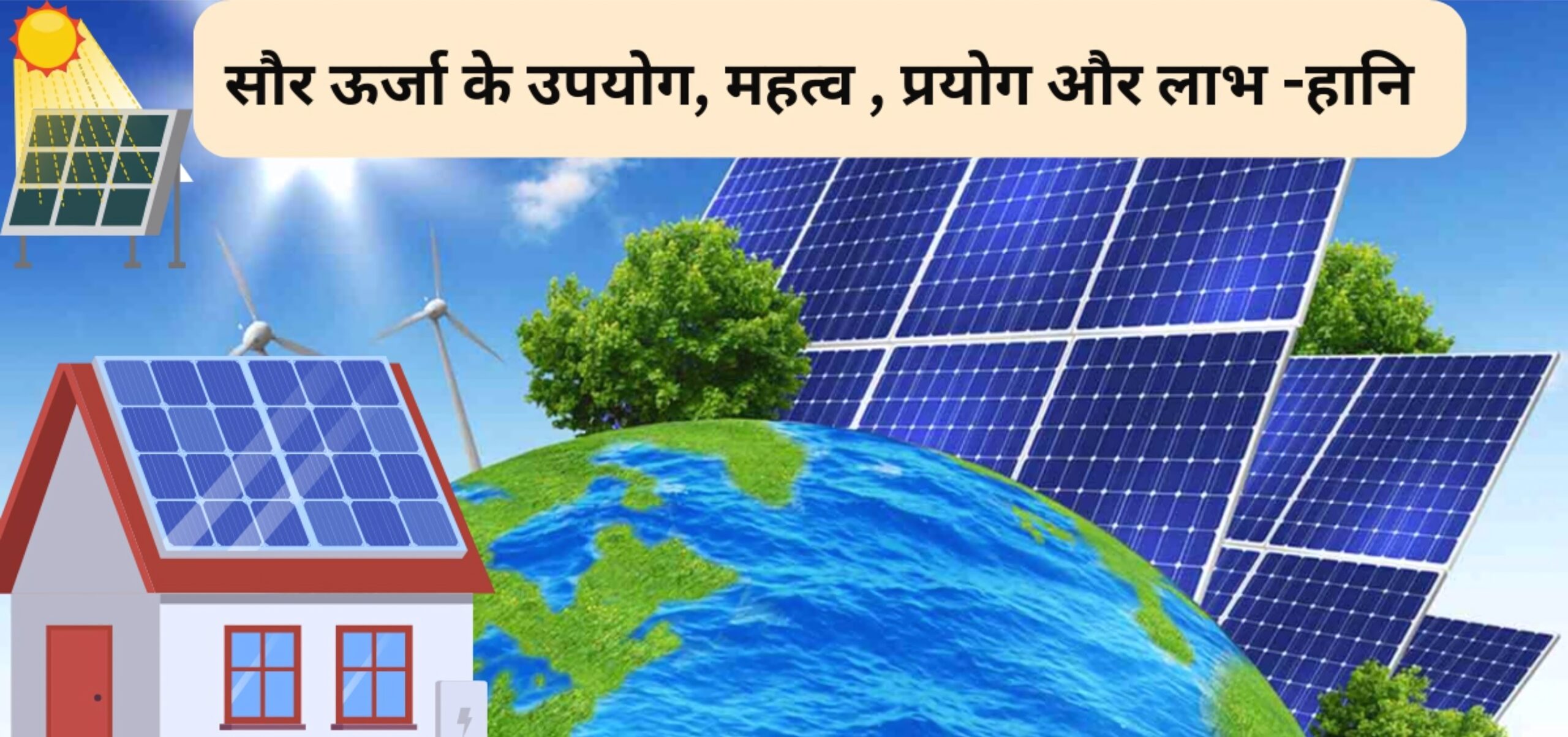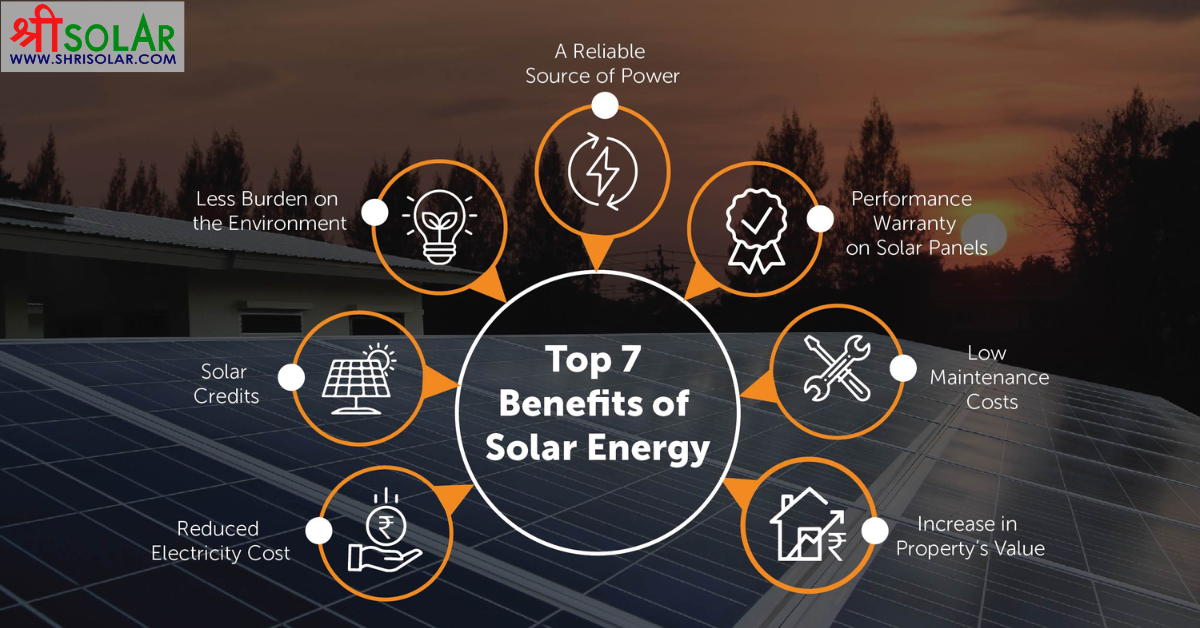In the present era, when the issue of environmental sustainability and increasing energy needs are of topmost priority, renewable forms of energy are becoming the talk of the town. Among all these, one of the most innovative and fast-emerging possibilities is that of solar power. It is a clean, effective, and sustainable means of minimizing reliance on fossil fuels and considerably opting for a greener lifestyle.
Knowing the Power of the Sun
Each day, the sun gives more energy to the planet than we would ever be able to consume. It is now easier and more affordable to harness this energy with the advent of photovoltaic (PV) technology. Solar panels are employed by these systems in order to harness sunlight and transform it into electricity, which can be utilized to light homes, offices, and industries.
One of the greatest benefits of this type of energy is its availability and abundance. It doesn’t drain natural resources or damage the environment, unlike coal or oil. This makes it the ideal option for anyone who wants to lower their carbon footprint.
Why Choose Solar?
The largest motivation for the growth of solar power popularity is the long-term advantage. Solar systems require very little maintenance once installed and provide year-round energy savings. With electricity prices globally on the rise, most households and enterprises are opting for solar power to reduce costs and achieve energy self-sufficiency.
Governments also back this movement. In most parts of the world, governments have started offering incentives, rebates, and tax benefits to make it easier for individuals to install solar systems. This makes it that much cheaper and accessible to the common man.
Challenges in the Journey
Despite its advantages, the widespread adoption of solar energy is not without challenges. The initial cost of installation can be high, and in areas with less sunlight, the efficiency of solar panels may be lower. Additionally, storing excess power requires battery systems, which can add to the cost.
Yet, with ongoing innovations in solar technology and battery storage, such challenges are slowly being overcome. Increased efficiency of panels, reduced manufacturing costs, and improved energy storage solutions are easing such obstacles.
A Bright Future Ahead
In the future, solar power will have a central role in determining the direction that the world’s power structures will take. As people become more aware and technology advances, the shift to clean energy will gather momentum. Not only will it diminish our footprint on the environment, but it will also ensure an energy system that is more secure and independent.
Conclusion
The move towards solar power is not a green decision—it’s a wise, visionary choice for our future. It guarantees cleaner air, lower electricity bills, and enhanced energy security. By embracing solar solutions now, we are taking a positive step towards a greener world and a brighter tomorrow.




